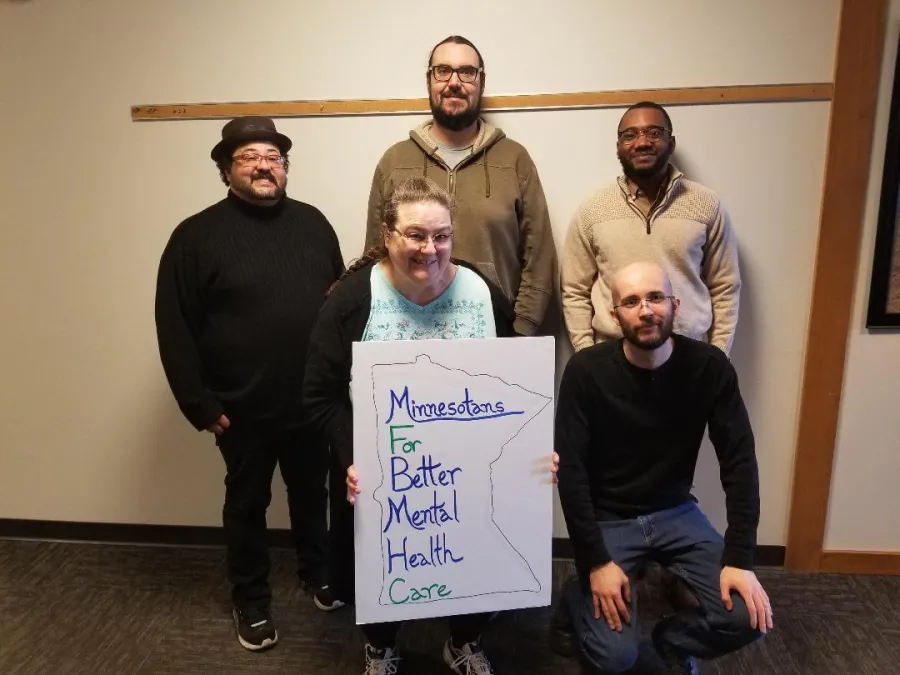MN Behavioral Health Members Find Community Online, Build Union Strength

Last summer, Minnesota behavioral health workers began holding summits, forming committees and developing plans to advance priorities such as organizing new worksites and tackling issues within the industry. When the coronavirus pandemic struck this spring, the workers decided not to put that hard work in hold just because they couldn’t see each other face to face.
They moved their engagement online – and it has thrived. These sessions have transformed into online support groups and provide opportunities for workers to strengthen their bonds – and their union.
“We had all these things we were working on and then suddenly COVID hits. And we are like, ‘OK, we can’t just stop, if anything we have even more reason to be in touch with each other,’” said Aleathea Modlin, a licensed practical nurse with the Minnesota Specialty Health System and a member of AFSCME Council 5.
Members meet Tuesday mornings online. A weekly video call, led by members and supported by the council through emails, text and digital promotion, has not just kept the conversation going, it has created a new space for the workers to support each other.
“People really lost their normal ways of dealing with what was going on with their lives, their already stressful jobs, not to mention everything new that has happened. So, in some ways, this became a place to talk about things that others can relate to on a very personal level,” said Parker Langdon, also a member of Council 5 and a mental health associate at Regions Hospital.
Modlin said that Council 5 provides support when needed but stays back to allow the members to drive the effort. Behavioral health members nationwide are joining together to advocate for change in their workplaces and for their patients.
“At first we focused really on our fellow members, but it kept spreading by word of mouth and now we are seeing more and more nonmembers asking to join,” said Modlin. “We are looking to add additional calls so we can keep this great thing going.”
Modlin said the calls have helped break the ice with nonunion workers, allowing them to see how a union is part of the solution to lowering caseloads, securing funding and keeping client care the top priority for the industry.
“Coming out of this, we definitely will have behavioral health workers who are ready to form a union because they have gotten to see what AFSCME is about without the boss’ anti-union lies in their face,” she said.
Langdon said behavioral health workers need to stick together even more during the upcoming COVID-19 budget crisis and put pressure on Congress to provide state and local aid to prevent layoffs and service cuts at a time of great need.
“Even before COVID, the needs far outstripped the funding we had,” said Langdon. “We know there is going to be an increase in need coming. … One of the fears that keeps coming up on our calls is how are we going to meet it? How are we going to make sure our most vulnerable neighbors – those who have in many cases already been the most hurt by this pandemic – don’t disproportionally suffer?”
Members say they are confident no matter what the future brings their online engagement will continue, with a focus of making Minnesota AFSCME Strong for the state’s behavioral health professionals.
